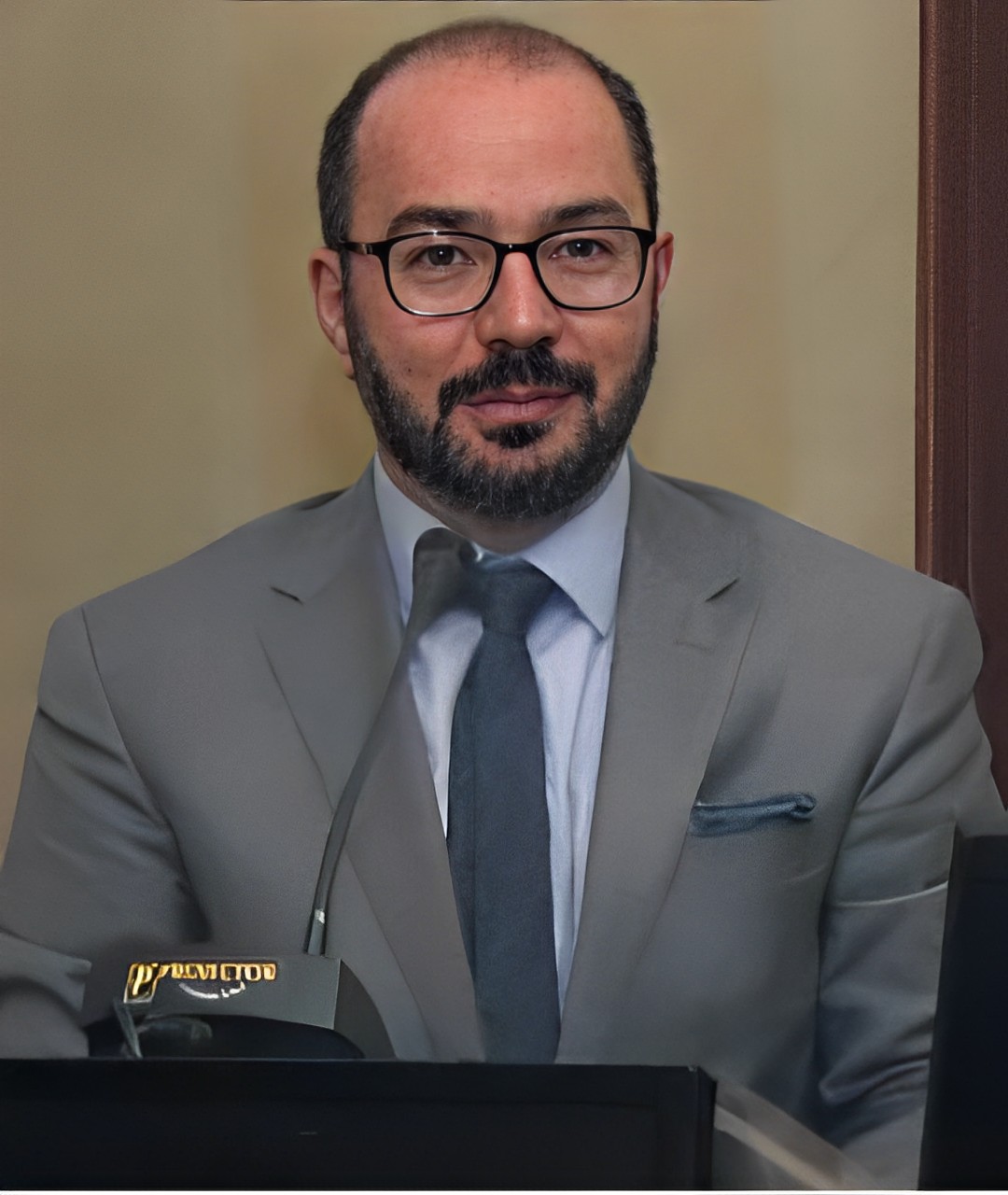2nd Edition of International Conference on Gastroenterology | October 21-23, 2024 | Baltimore, MD, USA
I wish to give you a warm welcome to this year’s meeting in Baltimore and it is my privilege to provide a few comments. Biotechnology stands at the forefront of innovation and progress in the rapidly evolving healthcare technology industry. The commercialization of biotechnology products has transformed healthcare, offering novel solutions to age-old problems and improving patient outcomes. Monoclonal antibodies (mAb) have become a cornerstone of modern medicine, offering targeted precision in treating various diseases. Humira mAb is an example of a biologic that has improved lives of many people around the world. Recombinant biologics are also routinely being used in diagnostic products. Synthetic biology and AI will continue to rapidly expand our ability to make novel molecules for healthcare. CRISPR-Cas9 utilizes a protein called Cas9, which acts like a pair of molecular scissors and can cut DNA. CRISPR-Cas9 therapy was recently FDA approved for the first time for the treatment of sickle cell anemia. Many improvements have been made for vaccines, especially for SARS-CoV-2 RNA vaccines. In addition to healthcare, advances in environmental biotech are helping to create a safer planet by reducing pollution and industrial waste. Agricultural biotech is increasing the worlds food supply through GMO food products by keeping them fresher to increase the shelf life of perishable foods.









